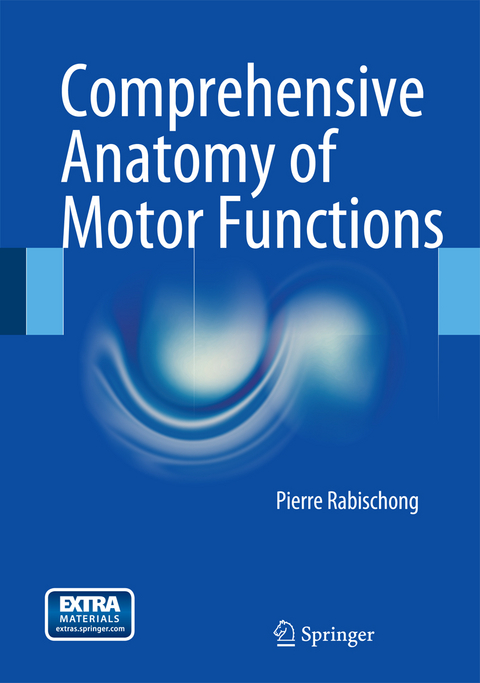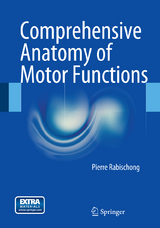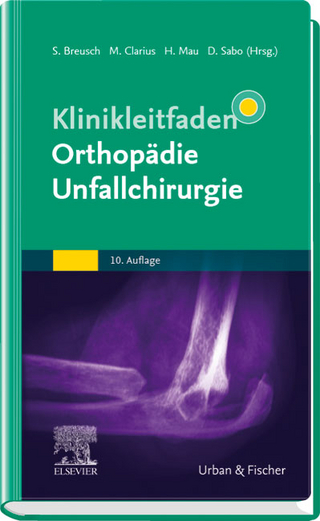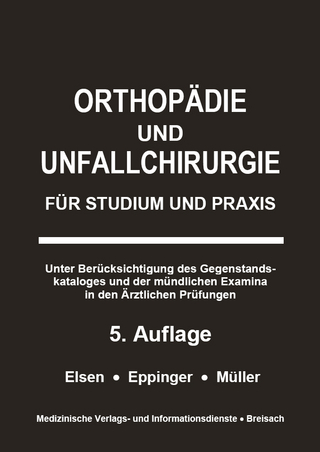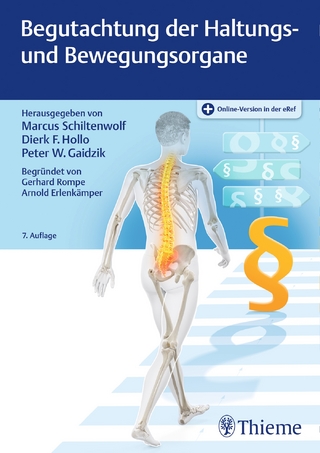Comprehensive Anatomy of Motor Functions
Springer International Publishing (Verlag)
978-3-319-04168-1 (ISBN)
The comprehensive approach to anatomy is a new attempt to understand the organization of anatomical structures instead of only memorizing details, which is both time-consuming and prone to error. The basic principle is that man did not design man, a truth which presents the solution and not the problem. This kind of approach requires first observing a function and identifying, in engineering terms, the technical problems that need to be solved in order to achieve that function. In a second step the anatomical solution is examined in terms of validation and should always be an intelligent solution that puts the characteristics of specific living tissues to optimal use.
Anatomy is obviously the mandatory basis of all types of medical practice. For centuries, its rigorous methodology has relied on dissection, which is the only means to precisely identify the morphology of organs and for surgeons to learn how to directly and safely reach the structures they need to operate on. Accordingly, this book includes illustrations of many dissections and anatomical sections in order to provide a realistic view of the complex organization of the human body.
This book addresses the needs of a broad range of medical and paramedical practitioners interested in movements and their disorders: MDs and surgeons of all specialties, physiotherapists, occupational therapists, speech therapists, X-ray manipulators, osteopathic specialists, etc. Its goal is to demonstrate the amazing intelligence and complexity of human motor functions and to better grasp the how and why of their construction.
Prof Pierre Rabischong is founding Member and President elected of ESEM (European Society for Engineering and Medicine) 1995-1998, founding Member and President elected of ISCAS (International Society for Computer Aided Surgery) 1995-1998, Vice President of the WABT (World Academy of Biomedical Technologies) at UNESCO in Paris, 1997, Professor Emeritus of the Faculty of Medicine of Montpellier 2002, Coordinator of the Eureka CALIES project 1989, the European Biomed 2 SUAW project (stand up and walk) 1996 and the NEUROSTIM project 2006.
Introduction.- Basic Notions on Mobility Function.- Introduction.- Components of Motor Apparatus.- Command and Control.- Spinal Functions.- Introduction.- Spinal Stabilization.- Cervical Spine and the Eye/Head Servomechanism.- Thoracic Spine and Respiratory Dynamics.- Thoracic Spine and Respiratory Dynamics.- Locomotion.- Introduction.- The Two Aspects of Locomotion.- Prehension.- Introduction.- Wrist/Hand Complex.- Humero-Radio-Ulnar Complex.- Cleido-Scapulo-Humeral Complex.- Conclusion.- Eye Mobility.- Introduction.- Three Specific Features Important to Understand.- Conclusion.- Facial Mimic.- Introduction.- Facial Superior Orbital Floor.- Facial Inferior Buccal Floor.- Masticatory Function.- Introduction.- Movements of TMJ.- Control of Mandibular Posture.- Speaking and Swallowing.- Introduction.- The Aero-Digestive Cross Way.- Swallowing.- Phonation.- Bladder and Rectum Incontinences.- Introduction.- Technical Problems and Solutions.- Command and Control.- Ejaculation and Orgasm.- Introduction.- Technical Problems af Copulation.- Motor Of Inference: The Orgasm.- Conclusions.
| Erscheint lt. Verlag | 3.4.2014 |
|---|---|
| Zusatzinfo | XVII, 180 p. 132 illus., 130 illus. in color. |
| Verlagsort | Cham |
| Sprache | englisch |
| Maße | 178 x 254 mm |
| Themenwelt | Medizinische Fachgebiete ► Chirurgie ► Unfallchirurgie / Orthopädie |
| Medizin / Pharmazie ► Physiotherapie / Ergotherapie ► Rehabilitation | |
| Studium ► 1. Studienabschnitt (Vorklinik) ► Anatomie / Neuroanatomie | |
| Schlagworte | Manual medicine • Mobility • Motor function • rehabilitation psychology |
| ISBN-10 | 3-319-04168-1 / 3319041681 |
| ISBN-13 | 978-3-319-04168-1 / 9783319041681 |
| Zustand | Neuware |
| Haben Sie eine Frage zum Produkt? |
aus dem Bereich
